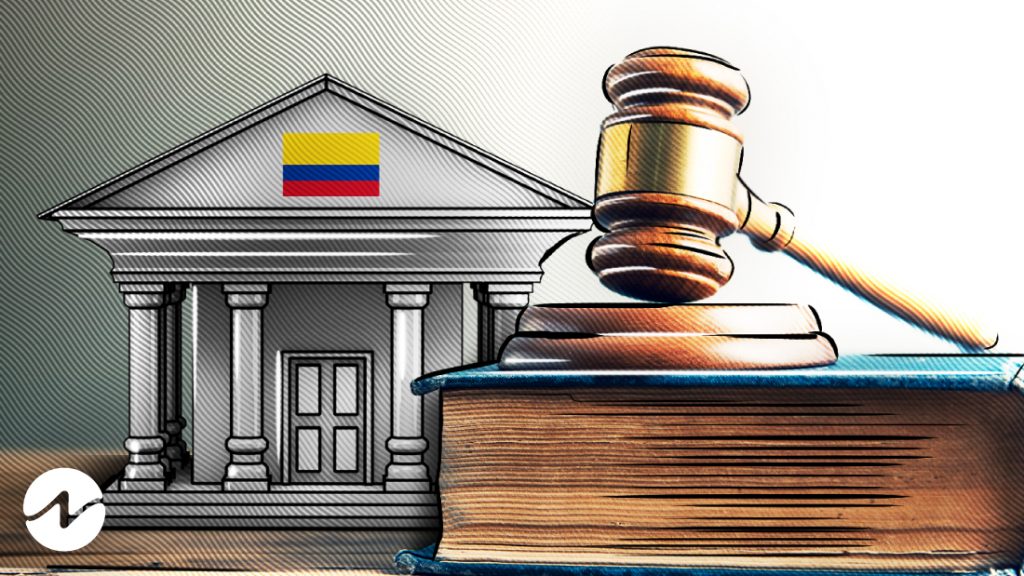- Colombia is now in the midst of its election cycle.
- Customers’ interactions in Colombia are also regulated and controlled by other entities.
Latin American governments are waking up to the growing importance and impact of the cryptocurrency and blockchain sector. Some countries are working quickly to regulate crypto exchanges to understand their rights and duties better.
There has been progress made in this regard by the Colombian Congress, which has approved a law that tries to clarify and secure the functioning of crypto exchanges. Representative Mauricio Toro of the Green Party, a co-sponsor of the legislation, offered his thoughts on the matter through social media.
According to Toro:
“Colombia has to move forward in regulating this business, which is legal and multi-million dollar, so that jobs and opportunities are created, but also so that it provides peace of mind to Colombians who can buy their assets safely.”
Safeguarding Consumers From Ponzi Scams
The bill’s primary goal, according to Toro, is to prevent people who utilize these platforms for business from falling victim to Ponzi scams. However, despite Toro’s high hopes for the bill’s effect, it has yet to be fully fleshed out and will need to go through three more rounds of discussion before it can be submitted to Congress as legislation. As Colombia is now in the midst of its election cycle, with the second round of voting set to take shortly, this may take longer than usual.
Cryptocurrency exchanges in Colombia that are authorized now will be required to register and notify their customers of the advantages, dangers, and potential rewards of cryptocurrency trading if the law is passed. This will help prevent the growth of Ponzi schemes and other pyramid schemes by connecting cryptocurrency exchanges and fiat currency accounts directly.
Customers’ interactions in Colombia are also regulated and controlled by other entities. The UIAF, a money-laundering watchdog, stated in April that cryptocurrency users would be required to submit their transactions to the agency online. The organization made a subsequent reversal, delaying the previous resolution’s sanctioning.








